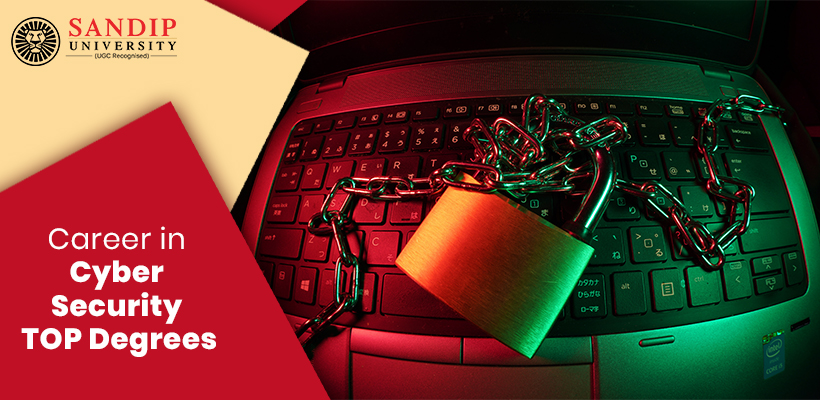This protection covers all aspects including unauthorized access, theft, damage to hardware, software or data. Criminals try to hack into your system for a variety of reasons. It may also relate to access to confidential information. It can also include ransomware and extortion of money from users. Depending on the type of computer system, poor security risks can be devastating. Systems such as governments, utilities, and banks require exceptional proactive and reactive security responses. Imagine the devastation that could result if a malicious hacker broke into, say, a secret agency’s servers. Malicious code, such as malware and viruses, can infect computer systems, causing damage or compromising system integrity. These software programs can spread without human intervention. A vulnerability is a software, firmware, or hardware bug that is usually allowed. These vulnerabilities expose your system to the risk of hackers exploiting it. The best cyber security course in Nashik give an option of pursuing various career opportunities in this field.
What Career Options are There in the Field?
Cybersecurity is an important and growing field. Companies around the world are investing in technology and digital transformation like never before. Artificial intelligence and machine learning guide and inform innovative business operations. Cloud computing is a growing trend.. Perhaps you are at the beginning of your career, or at the beginning of your career. Either way, there is something for you. If you want to pursue a career in cyber security then there are many options that one can pursue as below:
1. Computer Science
When exploring cybersecurity-focused degree programs, the first thing you will come across is computer science. This is the most common bachelor’s degree program related to computer science. You will have no problem finding schools that offer this.
A computer science degree is a foundational curriculum that introduces learners to all aspects of computer science. It teaches the theory and principles of computer science and specific technical skills. As a computer science student, you will learn about devices, systems and architectures, networks, databases, programming languages, and more.
Most computer science programs also offer specializations that allow you to delve deeper into a particular area. These diverse subsets of computer science include cybersecurity, machine learning, software engineering, cloud computing, and more.
2. Computer Programming
Computer programming, also known as software engineering or software engineering, is a highly in-demand skill regardless of which industry you are interested in. Learn about algorithms and problem solving. Learn how to troubleshoot and work with your team. Software developers create programs to combat malicious activity on computer systems. Create software that protects everything from on-premises systems to cloud networks. We also have the same knowledge that hackers have in creating malicious software such as viruses and malware. This awareness gives you an edge in protecting your network by knowing the means and methods your network uses to attack. The B.tech in Cyber Security colleges in Nashik have computer programming as a specalisation in their degree.
3. Database Management
This information is valuable and important to the success of your business. This also means that it is an important attack vector to cybersecurity. When hackers want to steal information, they steal from databases. When you change or destroy data, you do it in the database. Cybersecurity software also uses databases to store logs and other data. Database implementation, configuration, and maintenance are therefore of great importance in the field of cybersecurity. A degree in database administration will give you the skills and experience you need to securely manage databases. You will also learn about access logs and authentication logs.
4. Computer Hardware Engineering
Hardware engineers design, test, and evaluate computer hardware. As a computer hardware student, you learn about the different types of hardware that make up computer systems. Device hardware includes circuit boards, CPUs, memory, adapters, and more. Then there is network hardware such as routers and switches. Learn how to build and test hardware. They can make recommendations and run diagnostics. These work with peripherals such as keyboards, mice, printers, and routers. Learn about electronic circuits and assembly
5. Network Administration
Network administrators monitor connections between devices, software, and features. Network administrators are responsible for the day-to-day operation of these systems. They help determine system requirements, install and support both software and hardware aspects.
A network administration program can teach you how to perform upgrades and repairs, evaluate performance, and maintain security. I understand how to manage users and their permissions. You can also troubleshoot and resolve problems that exist in your network.
As a network administrator, you technically monitor users on your network. They research new technologies and make suggestions for improvements.
In conclusion, we can say that there are various degrees that one can pursue in order to make a career in cyber security. These degrees vary and are broad based which are based in various fields.

